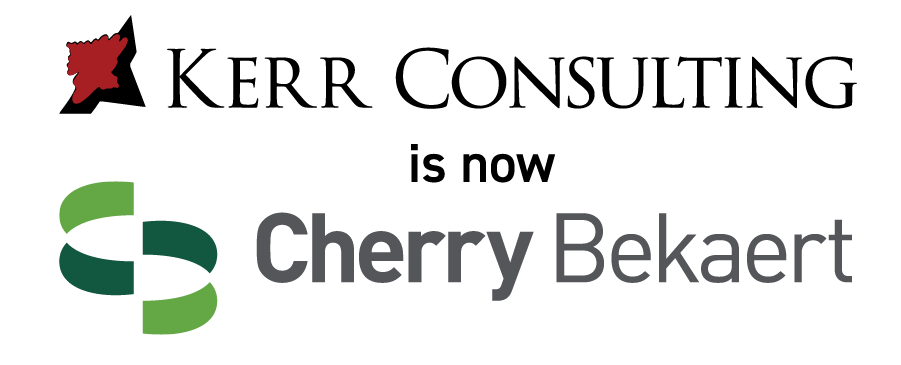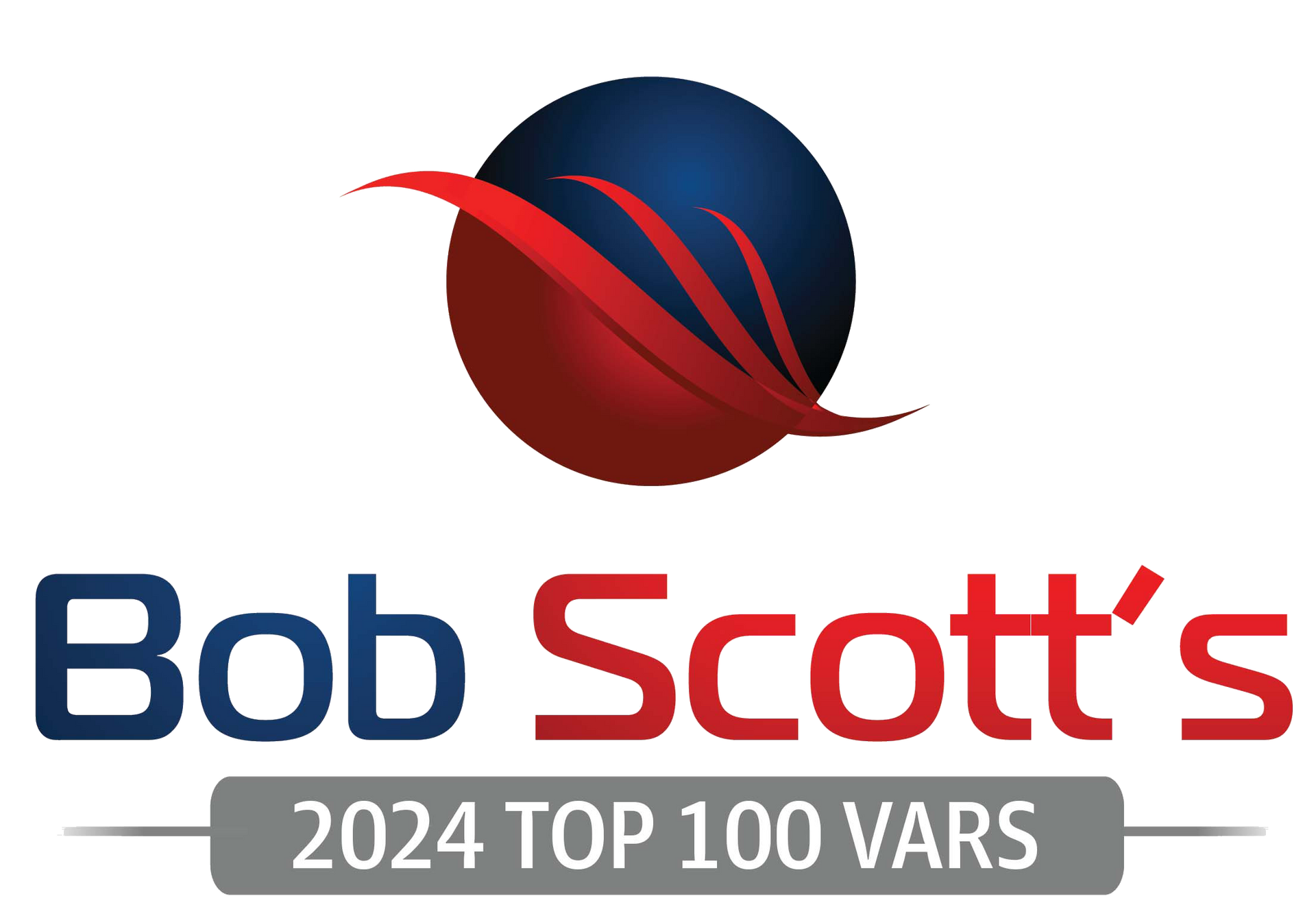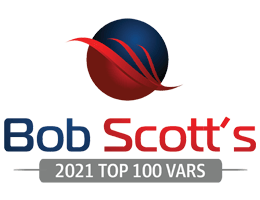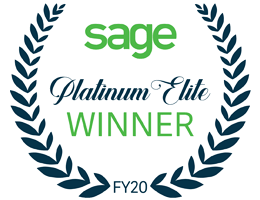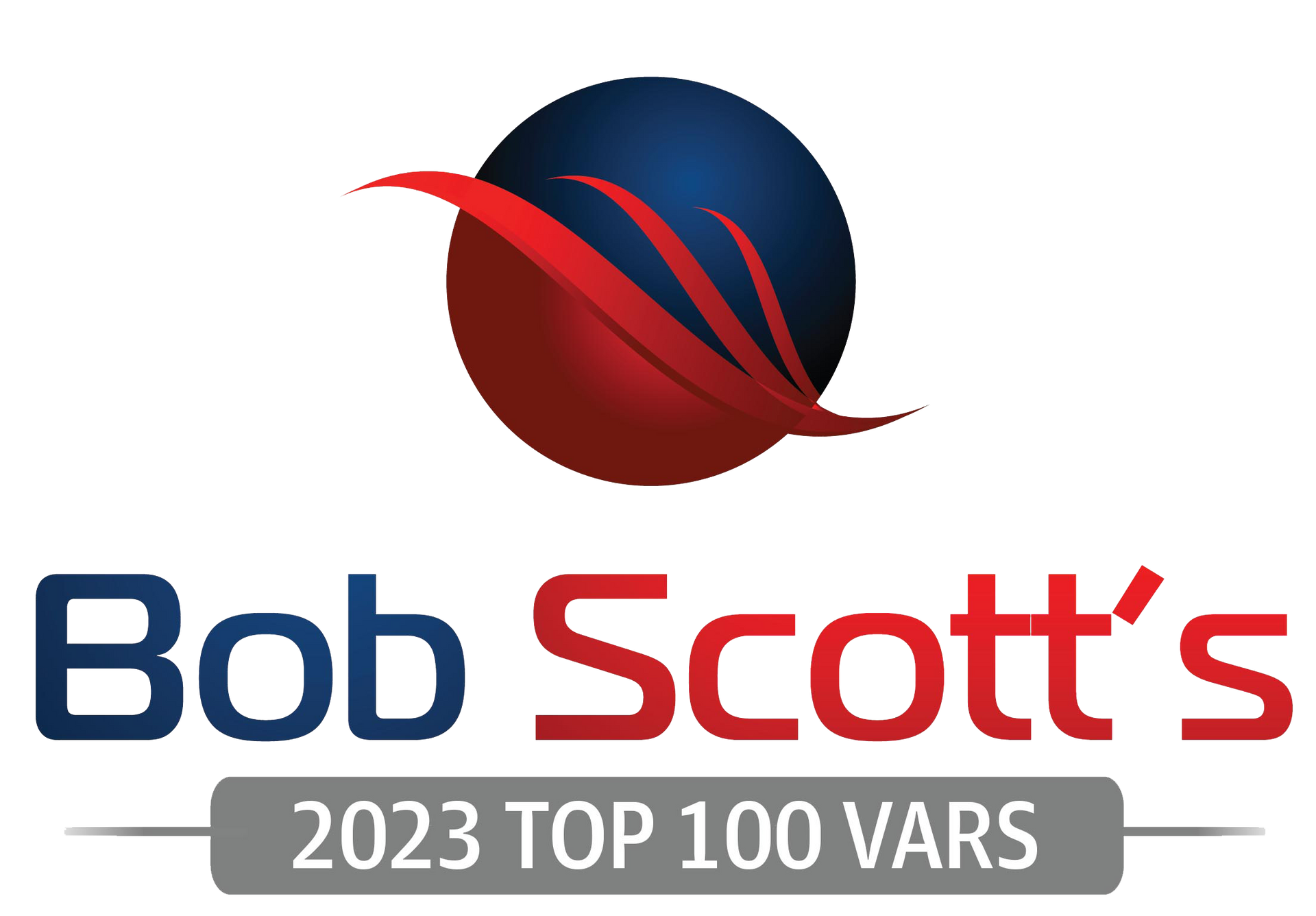Streamline Your Hotel Finances: The Best Hotel Accounting Software of the Year

In the bustling world of the hospitality industry, financial management is a critical aspect.
The complexity of hotel operations demands specialized tools.
Enter hotel accounting software.
This powerful tool streamlines financial processes, from bookkeeping to payroll. It provides real-time data access, automates tasks, and integrates with other hotel management systems.
In this article, we delve into the world of hotel accounting software. We explore its key features, benefits, and the top solutions available in the market.
Whether you're a hotel owner, a financial officer, or an accountant, this guide will help you make an informed decision about the best software for your operations.
The Importance of Specialized Hotel Accounting Software
The hotel industry has unique financial management needs.
Traditional accounting software may not fully cater to these needs.
Hotel accounting software, on the other hand, is designed specifically for the hospitality industry. It addresses the unique challenges of managing hotel finances.
This specialized software can handle a wide range of tasks. These include managing room rates, tracking inventory, handling payroll, and much more.
Let's delve into why hotel accounting software is a game-changer for the industry:
- Automation: It automates repetitive tasks, saving time and reducing errors.
- Integration: It integrates with other hotel systems, providing a unified view of operations.
- Real-time data: It provides real-time financial data, enabling quick and informed decisions.
- Scalability: It can scale up or down to match the size and needs of your hotel.
- Compliance: It helps hotels comply with financial regulations and reporting requirements.
Key Features to Look for in Hotel Accounting Software
Choosing the right hotel accounting software can be a daunting task.
There are numerous options available, each with its own set of features.
However, there are certain key features that you should look for in any hotel accounting software. These features can greatly enhance the efficiency and accuracy of your hotel's financial management.
Here are some of the most important features to consider:
- Integration capabilities: The software should be able to integrate seamlessly with other systems in your hotel, such as property management systems (PMS), point of sale (POS) systems, and payroll systems.
- Real-time reporting: The software should provide real-time financial reports, allowing you to make informed decisions quickly.
- User-friendly interface: The software should be easy to use, even for non-technical staff. A user-friendly interface can greatly reduce the learning curve and increase efficiency.
- Scalability: The software should be able to scale up or down to match the size and needs of your hotel. This is particularly important if you plan to expand your hotel in the future.
- Security features: The software should have robust security features to protect your financial data. This includes encryption, user access controls, and regular backups.
- Customer support: The software provider should offer reliable customer support to help you resolve any issues that may arise.
Top Hotel Accounting Software Solutions: A Comparative Analysis
The market is flooded with numerous hotel accounting software solutions.
Each solution comes with its unique set of features and benefits.
To help you make an informed decision, we have compared some of the top hotel accounting software solutions available in the market.
These include:
- Software A: Known for its robust features and user-friendly interface, Software A is a popular choice among many hoteliers. It offers real-time reporting, seamless integration with other systems, and excellent customer support.
- Software B: Software B stands out for its advanced security features and scalability. It also offers real-time reporting and integration capabilities, making it a reliable choice for hotels of all sizes.
- Software C: Software C is renowned for its comprehensive features and excellent customer support. It also offers robust security features and a user-friendly interface, making it a favorite among many hoteliers.
- Software D: Software D is a cloud-based solution known for its scalability and integration capabilities. It also offers real-time reporting and a user-friendly interface, making it a solid choice for hotels looking to streamline their financial management.
Cloud-Based vs. On-Premise Solutions
When choosing hotel accounting software, one of the key decisions you'll need to make is whether to opt for a cloud-based or an on-premise solution.
Each has its own set of advantages and disadvantages.
Cloud-based solutions, for instance, offer greater flexibility and scalability. They allow you to access your financial data from anywhere, at any time. However, they may require a reliable internet connection to function optimally.
On the other hand, on-premise solutions offer greater control over your data. They are installed on your hotel's servers and can be accessed even without an internet connection. However, they may require a larger upfront investment and ongoing maintenance.
Integration with Other Systems
Another crucial factor to consider when choosing hotel accounting software is its ability to integrate with other systems in your hotel.
This includes your property management system (PMS), point of sale (POS) system, and payroll system.
Seamless integration allows for the automatic transfer of data between systems, eliminating the need for manual data entry. This can greatly enhance the efficiency of your financial management and reduce the risk of errors.
However, not all hotel accounting software solutions offer seamless integration. Therefore, it's important to check the integration capabilities of a software solution before making a decision.
User-Friendly Interfaces and Support
The user-friendliness of a hotel accounting software's interface is another important factor to consider.
A user-friendly interface can greatly reduce the learning curve for your staff and increase efficiency.
It's also important to consider the level of customer support offered by the software provider. Reliable customer support can help you resolve any issues that may arise, ensuring the smooth operation of your hotel's financial management.
Some software providers offer 24/7 customer support, while others may only offer support during business hours. Therefore, it's important to consider your hotel's needs and choose a software solution that offers the level of support you require.
Streamlining Payroll and HR with Hotel Accounting Software
Managing payroll and HR-related finances can be a complex task for hotels.
Hotel accounting software can greatly simplify this process.
It can automate payroll calculations, track employee hours, and manage benefits and deductions. This not only saves time but also reduces the risk of errors.
Moreover, some hotel accounting software solutions offer HR modules. These modules can help manage employee records, track performance, and handle recruitment and training. This can greatly enhance the efficiency of your HR department and ensure compliance with labor laws.
Enhancing Revenue Management through Advanced Accounting Features
Revenue management is a critical aspect of hotel finance.
Hotel accounting software can provide advanced features to enhance revenue management. These features can include real-time reporting, forecasting tools, and integration with booking systems.
With these tools, you can make informed decisions about room rates, occupancy levels, and promotional offers. This can help maximize revenue and profitability.
Moreover, hotel accounting software can provide insights into guest behavior and preferences. This can help you tailor your services to meet guest needs and boost customer satisfaction.
Security and Compliance in Hotel Accounting Software
Security is a paramount concern in the digital age. Hotel accounting software must provide robust security features to protect sensitive financial data.
Features such as data encryption, user access controls, and secure data backup are essential. These features can help prevent unauthorized access and data breaches.
In addition, hotel accounting software can assist with compliance. This includes compliance with financial regulations, tax laws, and data protection standards.
By choosing a software with strong security and compliance features, you can safeguard your hotel's financial data and maintain trust with your guests and stakeholders.
Comprehensive Solutions for the Hospitality Industry
When it comes to managing finances in the hospitality industry, having the right tools is essential. Hotel bookkeeping software and hotel payroll software play a crucial role in streamlining financial operations and ensuring accuracy.
Choosing the best accounting software for the hotel industry is a decision that can significantly impact the efficiency of your hotel's financial management. Look for hospitality accounting software that offers seamless integration with other systems like your property management system and point of sale system.
Hospitality accounting solutions should not only simplify payroll and HR tasks but also provide advanced features for revenue management. With the right hotel accounting software, you can enhance decision-making, maximize revenue, and ensure compliance with financial regulations.
Investing in accounting software for hotels is an investment in the future success of your business. Consider factors such as scalability, vendor reputation, and total cost of ownership when selecting hotel budgeting software, hotel invoicing software, or any other hospitality software for your establishment.

The Future of Hotel Accounting Software: Trends to Watch
The hotel accounting software market is not static. It continues to evolve, driven by technological advancements and changing industry needs.
One trend to watch is the increasing use of artificial intelligence (AI) and machine learning. These technologies can automate complex tasks, provide predictive insights, and enhance decision-making.
Another trend is the growing emphasis on mobile access. As hoteliers and financial managers become more mobile, the demand for accounting software that can be accessed anytime, anywhere, is increasing.
Lastly, the integration of hotel accounting software with other systems, such as CRM and POS systems, is becoming more seamless. This allows for more efficient data sharing and collaboration, leading to improved operational efficiency and guest satisfaction.
Choosing the Right Hotel Accounting Software: Final Considerations
Choosing the right hotel accounting software is a critical decision. It can significantly impact your hotel's financial management and overall operational efficiency.
Consider the software's scalability and flexibility. As your hotel grows and evolves, your accounting software should be able to adapt and scale accordingly.
Also, consider the vendor's reputation and customer support. A reliable vendor with excellent customer support can make the implementation process smoother and ensure you get the most out of your software.
Finally, consider the total cost of ownership. This includes not only the initial purchase price but also ongoing costs such as maintenance, upgrades, and training.
In conclusion, the right hotel accounting software can streamline your financial operations, enhance decision-making, and ultimately contribute to your hotel's success. Choose wisely.
